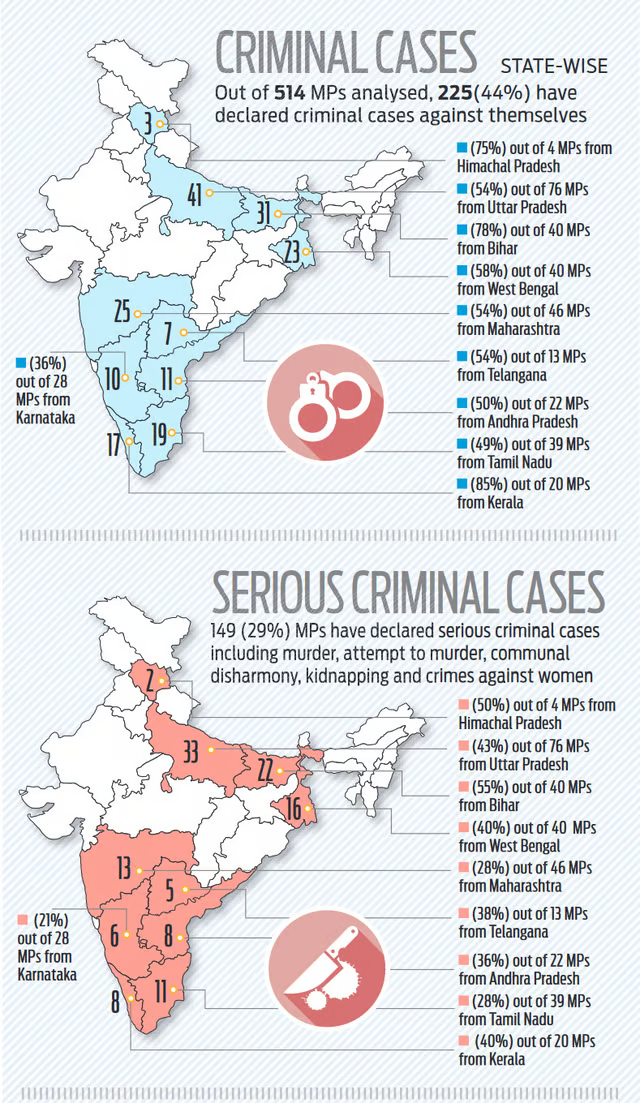Uttar Pradesh Switch to Hindi
ISARC: Development of Rice with Low Methane Emission
Why in News?
Recently, Senior agriculture officials from India, Bangladesh, Sri Lanka, and Nepal gathered at International Rice Research Institute (IRRI), South Asia Regional Centre (ISARC), Varanasi for the 7th ISARC Coordination Committee (ICC) meeting.
Key Points
- Presiding over the meeting, IRRI interim director general said ISARC is emerging as an evidence-based research hub for all research related to transforming the rice-based agri-food system in the South Asian Region.
- In 2024, the focus is to work on development of rice varieties with low methane emissions and enhancing the productivity of premium quality nutritious rice.
- To achieve the goals, ISARC is working on propagation of best agronomic and management practices such as Dry Seeded Rice (DSR) and Alternate Wet and Drying (AWD).
- DSR, one of the major flagship research programmes of IRRI, delivers faster planting and maturing, conserves scarce resources like water and labor.
- It is more conducive to mechanization and reduces emissions of greenhouse gases that contribute to climate change in comparison to the conventional puddled transplanted rice technique.
- ISARC has showcased its capabilities in research, extension, capacity development, and technology dissemination, bringing tangible solutions to address pressing challenges facing our agricultural landscape.
- A few achievements like release of ultra-low Glycemic Index rice varieties, Speed breeding protocol, Direct Seeded rice and Seeds Without Border, and urged the national partners to replicate the innovations in their respective regions through technical support from ISARC.
International Rice Research Institute (IRRI)
- IRRI is an independent, non-profit, research and educational institute, founded in 1960 by the Ford and Rockefeller Foundations with support from the Philippine government.
- The institute, headquartered in Los Baños, Philippines, has offices in 17 rice-growing countries in Asia and Africa.
- The IRRI South Asia Regional Centre is located at Varanasi (Uttar Pradesh).
- It aims to improve the health and welfare of rice farmers and consumers and protect the rice-growing environment for future generations.
Direct Seeded Rice (DSR)
- It is a viable option to reduce the unproductive water flows.
- DSR refers to the process of establishing a rice crop from seeds sown in the field rather than by transplanting seedlings from the nursery.
- Conventional rice establishment system requires a substantial amount of water.
Alternate Wetting and Drying (AWD)
- It is a water-saving technology that farmers can apply to reduce their irrigation water consumption in rice fields without decreasing its yield.
- In AWD, irrigation water is applied a few days after the disappearance of the ponded water. Hence, the field gets alternately flooded and non-flooded.
Uttar Pradesh Switch to Hindi
44% of Sitting MPs Face Criminal Charges: ADR
Why in News?
According to the self-sworn affidavits analysed by poll rights body Association of Democratic Reforms (ADR), out of the 514 sitting Lok Sabha MPs, 225 (44%) have criminal cases against themselves.
- The report revealed that among the sitting MPs with criminal charges, 29% face serious criminal cases, including allegations of murder, attempt to murder, promoting communal disharmony, kidnapping, and crimes against women.
Key Points
- Regarding the distribution of criminal cases among States, Uttar Pradesh, Maharashtra, Bihar, Andhra Pradesh, Telangana, and Himachal Pradesh stand out with more than 50% of their MPs facing criminal charges.
- Criteria for serious criminal cases:
- Offence for which maximum punishment is of 5 years or more
- If an offence is non-bailable
- If it is an electoral offence (For eg: bribery)
- Offence related to loss to exchequer
- Offences that are related to assault, murder, kidnap or rape
- Offences that are mentioned in Representation of the People Act, 1951 (Section 8)
- Offences under Prevention of Corruption Act, 1988 and crimes against women
- Under Article 105 of the Constitution, MPs enjoy certain privileges so that they can perform their parliamentary duties without let or hindrance.
- One of the privileges is that an MP cannot be arrested in a civil case 40 days before the commencement of the session or a House committee meeting, and 40 days thereafter.
Non-Bailable Offences
- Any offence not mentioned as bailable under the First Schedule of CrPC or any other law is considered as non-bailable offence.
- A person accused of a non-bailable offence cannot claim bail as a right. Section 437 of CrPC provides for when bail may be taken in case of non-bailable offence.
- A person accused of non-bailable offence can be granted bail provided the accused does not fall under the following grounds:
- There are reasonable grounds to believe that he committed an offence punishable with death penalty or life imprisonment.
- That the accused has committed a cognizable offence and he had been previously convicted of an offence punishable with death, imprisonment of seven years or more.
- That the accused had been previously convicted on two or more occasions of commission of a cognizable offence punishable with imprisonment for three years or more but not less than seven years.
- There are exceptional cases in which law gives special consideration in favour of persons i.e., where the accused is a minor, a woman, a sick person etc. by virtue of Section 437(1) of CrPC.
Association for Democratic Reforms (ADR)
- It is an apolitical and non-partisan, non-profit organisation in India, working on electoral and political reforms for over 25 years.
- It was established in 1999 by a group of professors from the Indian Institute of Management (IIM) Ahmedabad.
Uttar Pradesh Switch to Hindi
Appeal Against CAT Order in Contempt Proceedings
Why in News?
Recently, the Allahabad High Court has held that an appeal against an order of the Central Administrative Tribunal while exercising its contempt jurisdiction under Section 17 of the Administrative Tribunals Act 1985 lies before the Supreme Court under Section 19 of the Contempt of Courts Act, 1971.
- The Court held that no such order can be challenged before the High Court under Article 226 of the Constitution of India.
Key Points
- The Central Administrative Tribunal was established under Article 323 - A of the Constitution.
- It provides for adjudication of disputes and complaints with respect to recruitment and conditions of service of persons appointed to public services and posts in connection with the affairs of the Union or other authorities under the control of the Government.
- There are 19 Benches in the CAT all over India.
- The CAT is a specialist body consisting of Administrative Members and Judicial Members who by virtue of their specialized knowledge are better equipped to dispense speedy and effective justice.
- A Chairman who has been a sitting or retired Judge of a High Court heads the CAT.
Article 226 of the Constitution
- Article 226 of the Constitution empowers a high court to issue writs including habeas corpus, mandamus, certiorari, prohibition and quo warranto for the enforcement of the fundamental rights of the citizens and for any other purpose.
- The phrase ‘for any other purpose’ refers to the enforcement of an ordinary legal right. This implies that the writ jurisdiction of the high court is wider than that of the SC.
- This is because the SC can issue writs only for the enforcement of fundamental rights and not for any other purpose, that is, it does not extend to a case where the breach of an ordinary legal right is alleged.
- The phrase ‘for any other purpose’ refers to the enforcement of an ordinary legal right. This implies that the writ jurisdiction of the high court is wider than that of the SC.
- The high court can issue writs to any person, authority and government not only within its territorial jurisdiction but also outside its territorial jurisdiction if the cause of action arises within its territorial jurisdiction.



-UPPCS-English%20(web).png)
-UPPCS-English%20(mobile).png)

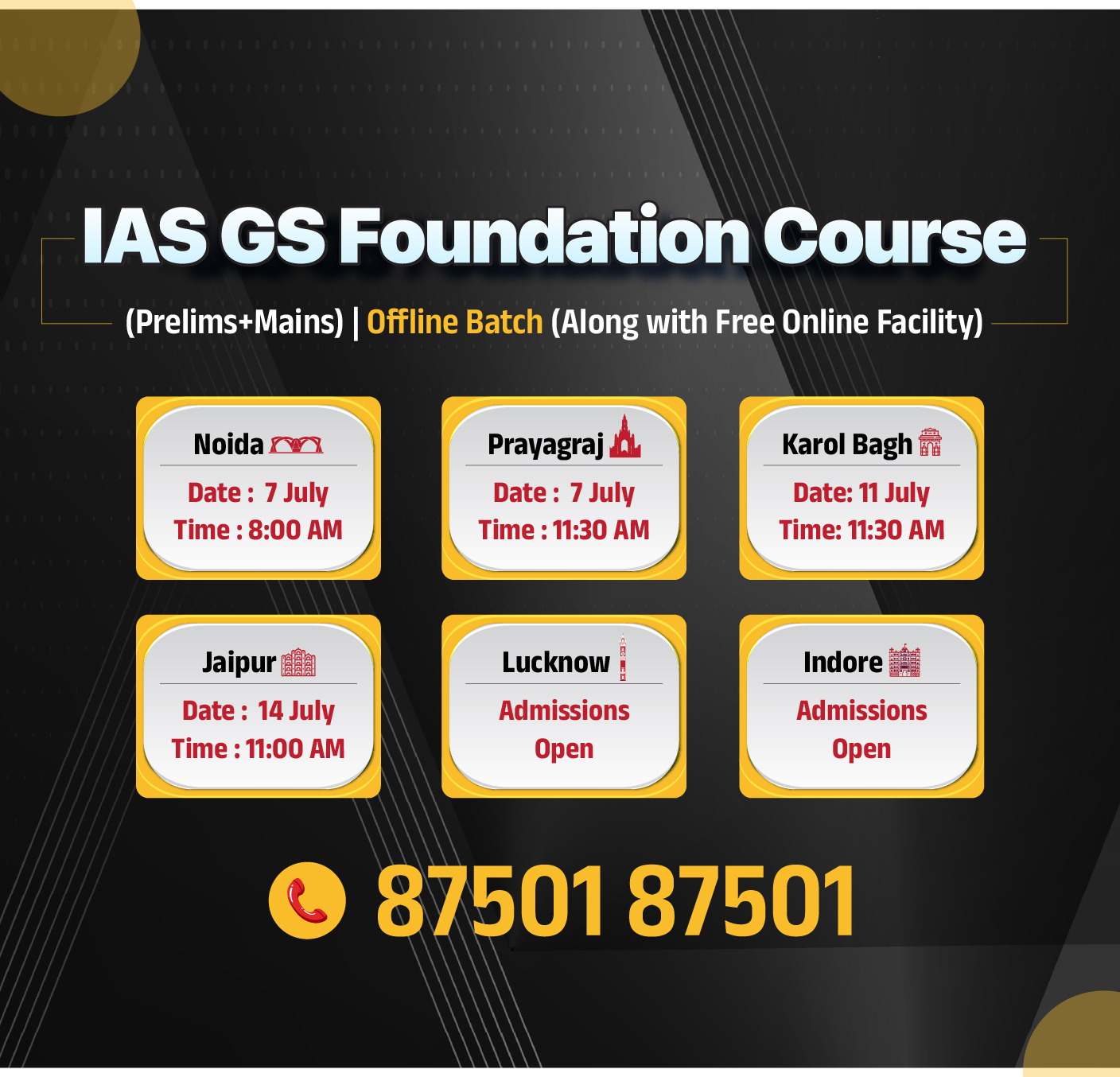

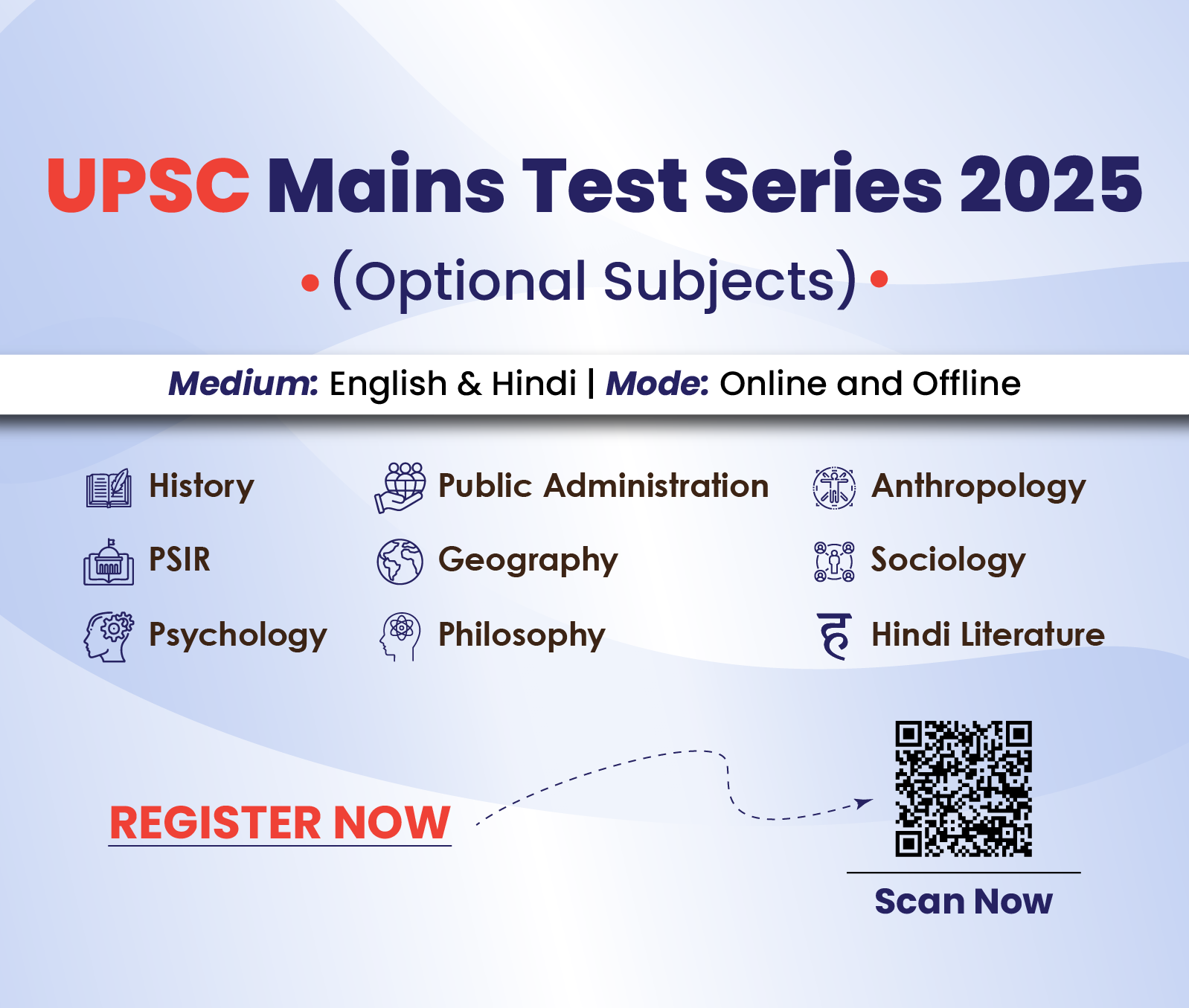


%20MPPCS%202025%20Desktop%20E.jpg)
%20MPPCS%202025%20Mobile%20E%20(1).jpg)

.jpg)



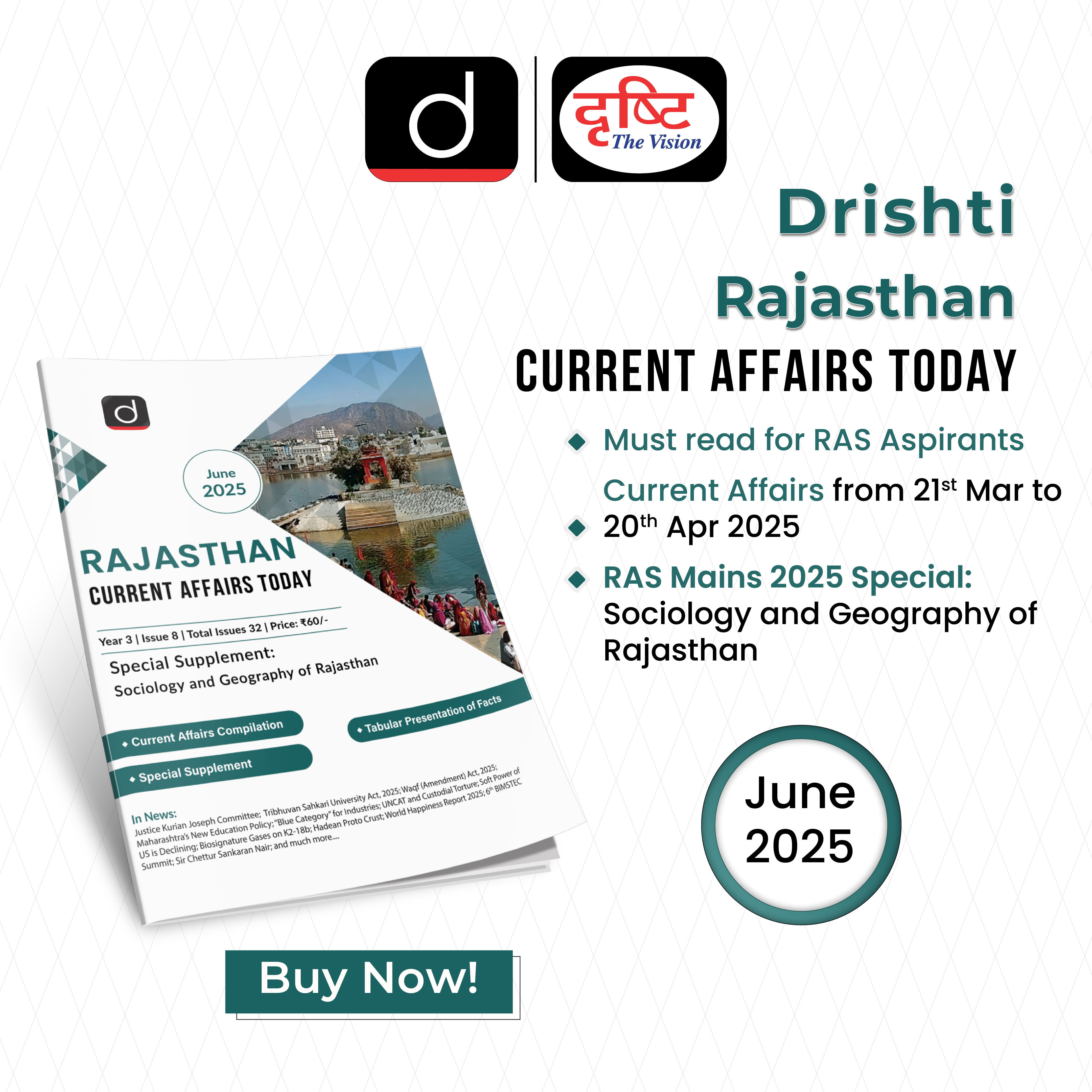



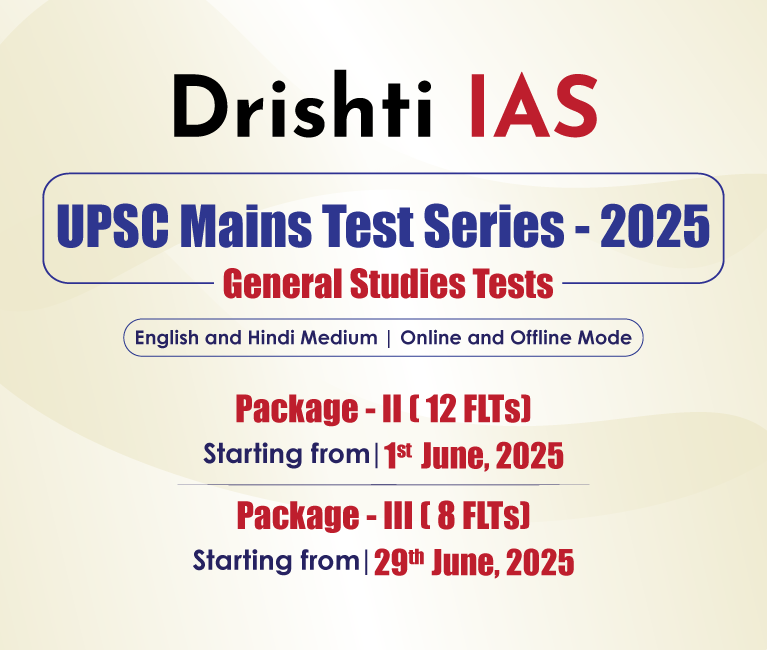

.png)







 PCS Parikshan
PCS Parikshan